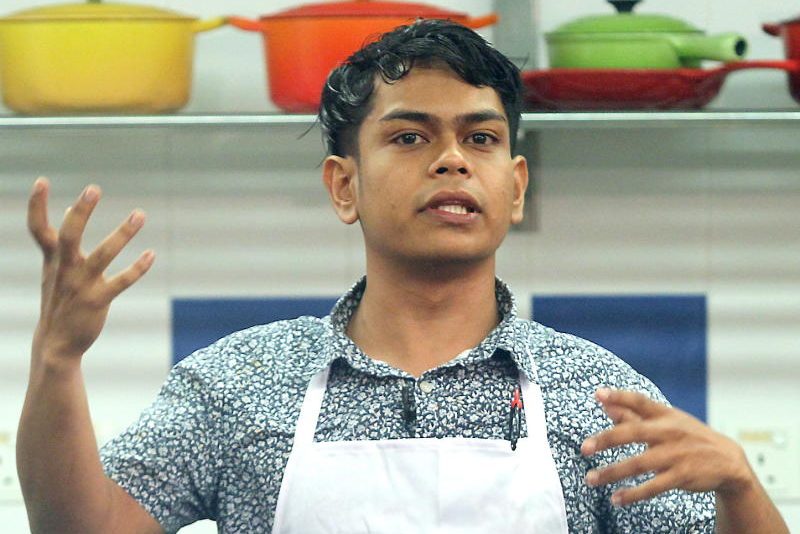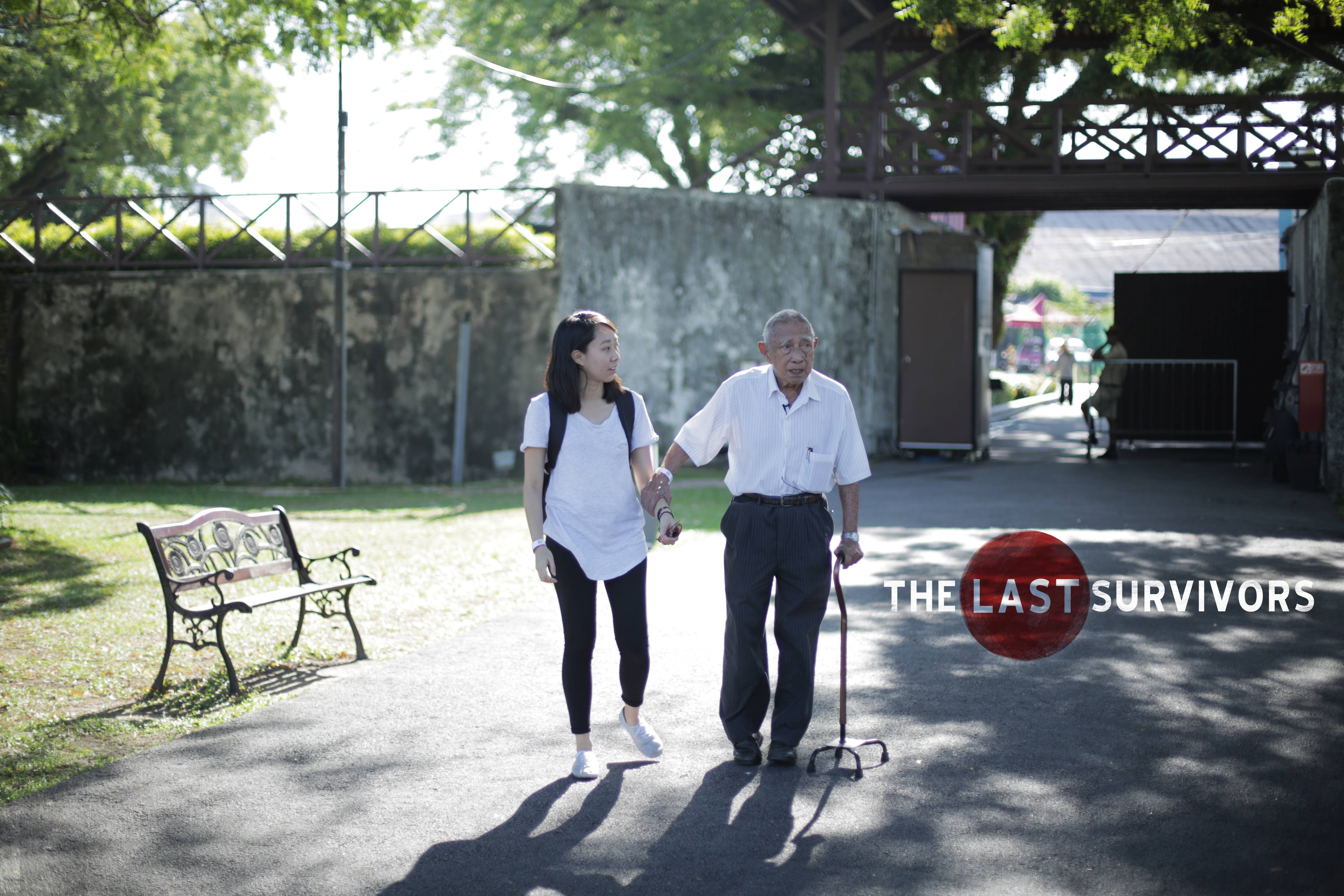By NURILKARIM RAZHA
alltherage@thestar.com.my
MAKING life decisions has always been difficult for young people. But why does it seem so easy for them to decide to be chefs these days?
The act of cooking and serving food does seem like a noble thing. It gives people a form of escapism from the hustle and bustle of daily life. Immersing oneself in making a home-cooked meal can be a pleasurable experience too.
However, making a career out of it is a totally different thing. That five-star career you dreamed of is far from guaranteed.
You’ll never know when the next young punk is going to out-do you with their fancy new knowledge, when the hotel you work in might suffer a slump in service points, or when you’ll burn up all your savings trying to keep that hipster cafe afloat.
As for family time, that’s almost non-existent – unless you work with your family.
That’s why many of us chefs wonder if passion alone can sustain a career.
Today’s youth are strong believers of doing what makes them happy. Cooking – and food in general – is obviously very comforting, so it’s no surprise young people are jumping into culinary careers without much thought.
And thanks to the new wave of global food celebrities, thousands now dream of becoming celebrity or executive chefs.
Unfortunately, not many culinary arts students manage to take their dreams all the way, and it’s safe to say almost half end up pursuing totally different careers.
So why do so many of them end up as car salesmen or insurance agents? I personally think it’s because they got into culinary arts for the wrong reasons.
On my first day of college, I asked some students why they had signed up, and the top reasons were:
1. I watch a lot of Jamie Oliver, I want to be like him.
2. I don’t like “words”, or math, or science.
3. I was looking for an easy course, the least demanding.
Reality check: Culinary arts is no first-class ticket to an easy life.
Culinary courses might seem like a lot of fun, but they also require a lot of complex application of science and chemistry. You’ll also need precision timing, punctuality and a really professional attitude.
And when you get to the real world of professional kitchens, your working environment is like a high-pressure cooker – the weak crack, and the strong thrive.
In that kind of environment, it’s not about passion anymore. It’s about hard work, determination and dedication, like any other career.
The initial phase of being closely supervised, yelled at and threatened with demotions (how do you get further demoted when you’re already a commis chef or steward?), topped with miserable earnings and long working hours is a real test of faith.
It was very difficult for me to accept my first junior position as a commis chef, where I earned the same pittance as the stewards, most of whom were foreign workers who’ve had very little education.
I felt demoralised yet I doggedly plodded on, hoping to see the pot of gold at the end of the rainbow.
I am not discouraging anyone from pursuing their dreams, but think long and hard about it – is cooking something you can do, day in day out, with all the pressure and sacrifices involved?
Of course, there are perks – chefs have a unique bond with one another. There is no better feeling than being part of this very tight bond.
And of course, the local food industry desperately needs talented young people to further drive the Malaysian culinary scene further. We’ve already had a few talented young chefs here who have broken new ground with their amazing creativity.
Still, getting there is a long and arduous journey, not for the faint-hearted.
But if you have a passion for it and you’re prepared to work hard and do whatever it takes to make your mark, the possibilities can be endless.
When I won R.AGE’s Food Fight competition, opportunities to learn appeared all around me.
Part of the prize was my own online cooking series (and this column), called The Local Kitchen.
At the end of filming a few weeks ago, I found that I had gathered so much more knowledge on culinary science from the traditional wisdom of people in the kampungs and islands around Malaysia.
I discovered how cyanide is removed from poisonous nuts, which can then be used to make the most tasty condiments and appetisers.
I learnt how seemingly inedible weeds can become the main source of nutrition in a daily diet.
There are so many communities out there that would love to share their knowledge – and you wouldn’t have to pay them all those ridiculous course fees!
We Malaysians have a lot to be proud of, and young chefs should make the best of our bounty and use it to their advantage.
I would love to see a Malaysian restaurant doing this successfully on a global scale some day – but that will only happen if we have young chefs joining the industry for the right reasons.
Chef Nurilkarim is the winner of the 2015 R.AGE Food Fight. Watch out for his upcoming R.AGE-exclusive cooking series, The Local Kitchen, on rage.com.my.






Tell us what you think!